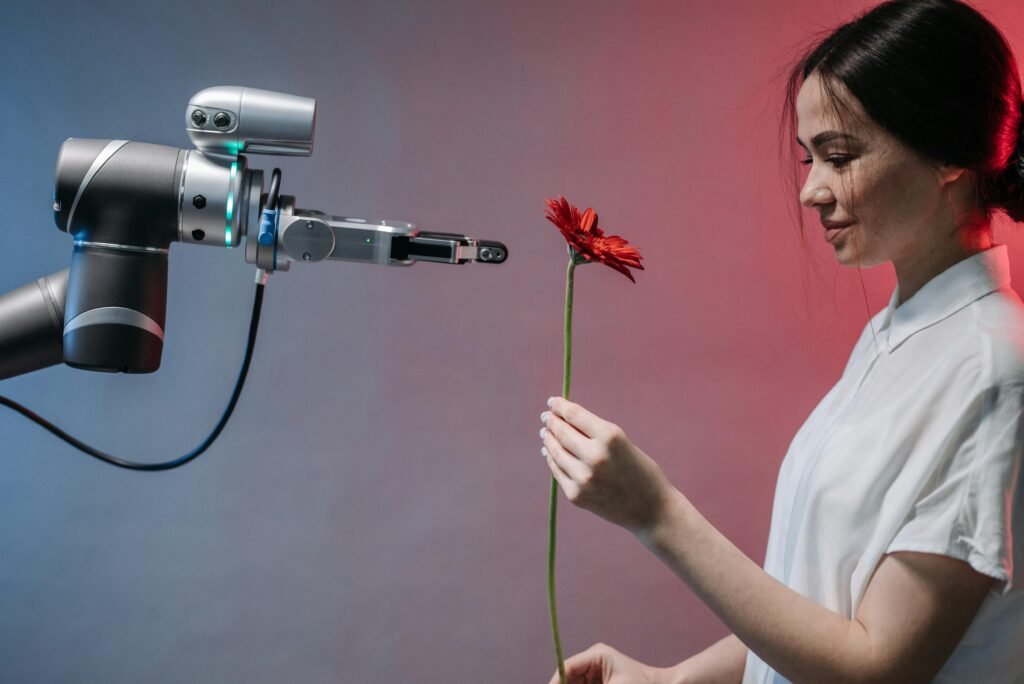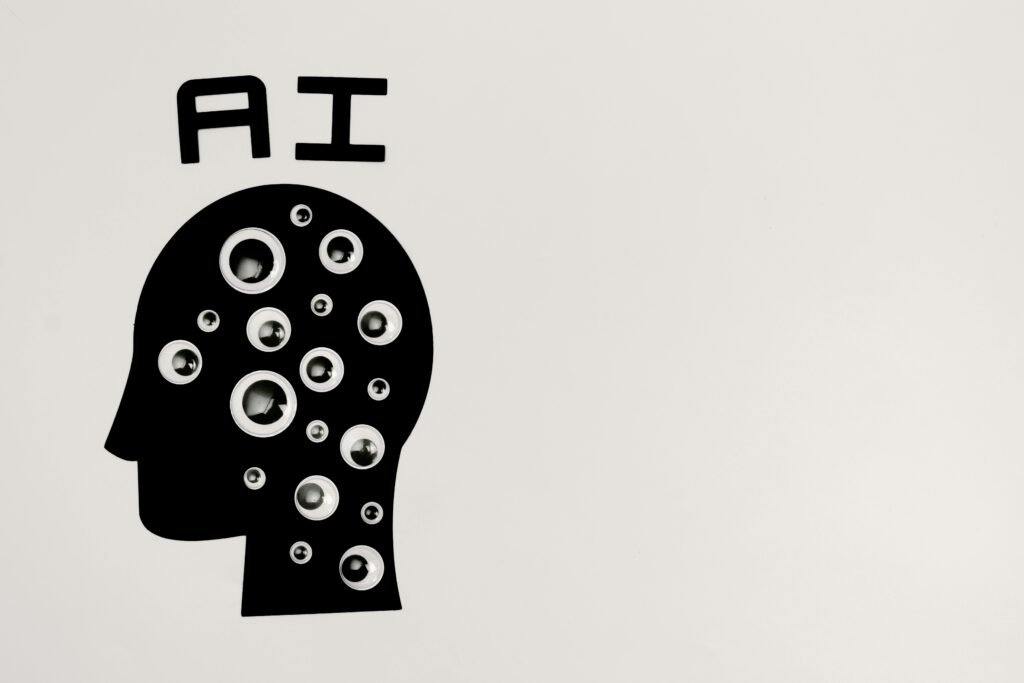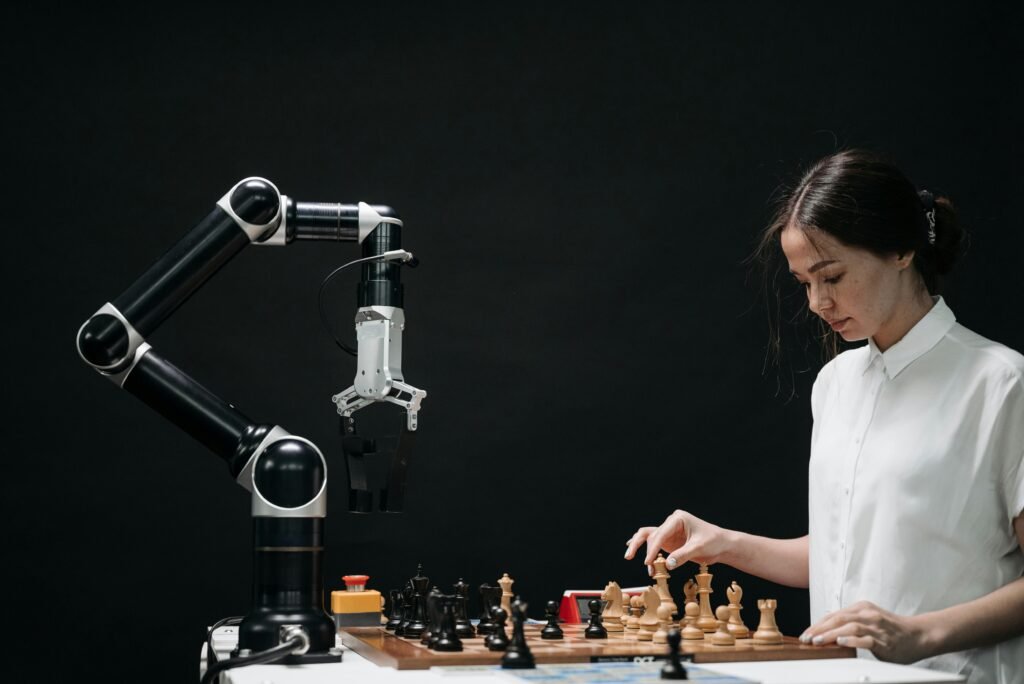🧠 The Evolution of Artificial Intelligence: Past, Present, and Future.
The evolution of artificial intelligence has been one of the most fascinating journeys in modern science and technology. From simple algorithms in the 1950s to today’s advanced neural networks and large language models, AI has transformed how we live, work, and think.
At AiBlogQuest.com, we’re diving deep into the three defining eras that shaped the future of AI — and what lies ahead.
📜 Era 1: The Birth of AI (1950s–1980s)
Focus Keyword Use: Evolution of artificial intelligence in early stages
This era marks the beginning of the evolution of artificial intelligence, starting with Alan Turing’s famous question: “Can machines think?”
Key Milestones:
-
1950: Turing Test introduced
-
1956: Term “Artificial Intelligence” coined at Dartmouth Conference
-
1960s–70s: Basic algorithms and symbolic reasoning emerge
Although progress was slow, this period laid the foundational logic and philosophy of modern AI.
💻 Era 2: Machine Learning Revolution (1990s–2010s)
Focus Keyword Use: Mid-stage evolution of artificial intelligence
The second era brought powerful changes. Computers got faster, data became plentiful, and machine learning emerged.
Game-Changing Highlights:
-
IBM Deep Blue defeats world chess champion Garry Kasparov (1997)
-
Speech and image recognition improve
-
Rise of data-driven algorithms and big data
AI was no longer just an idea—it was working behind the scenes in email filters, search engines, and recommendation systems.
🤖 Era 3: The Age of Deep Learning & Generative AI (2020s–Future)
Focus Keyword Use: Future evolution of artificial intelligence
We now live in an era where AI generates content, drives cars, powers virtual assistants, and even makes art.
What’s Driving Today’s AI?
-
Deep Learning & Neural Networks
-
Generative AI (like ChatGPT & DALL·E)
-
AI Ethics & Responsible Use
The future evolution of artificial intelligence includes advancements in general AI, quantum computing integration, and brain-computer interfaces.
🔗 Useful Links
🙋 FAQ: Evolution of Artificial Intelligence
What is the evolution of artificial intelligence?
It’s the timeline of how AI progressed — from early symbolic logic to modern generative models and neural networks.
Why is the evolution of AI important?
Understanding its evolution helps us anticipate trends, risks, and opportunities in areas like healthcare, finance, education, and ethics.
What’s the future of AI?
Expect AI to integrate with human biology, quantum computing, and autonomous systems — responsibly, we hope.
Who coined the term Artificial Intelligence?
John McCarthy introduced the term during the Dartmouth Conference in 1956.
Where can I read more about AI’s development?
Follow AiBlogQuest.com — your ultimate resource for AI news, history, trends, and analysis.
🚀 Final Thoughts
The evolution of artificial intelligence isn’t just about machines — it’s about humanity’s ability to innovate. We’ve come a long way from Turing’s ideas to today’s AI copilots. But the journey is far from over.
Explore the full timeline, trends, and future breakthroughs only at AiBlogQuest.com.



